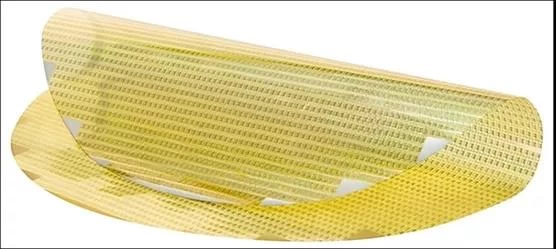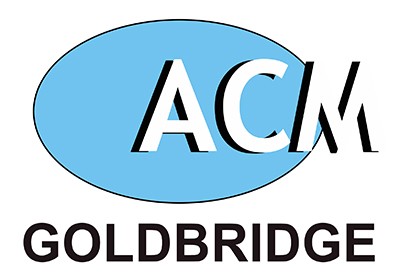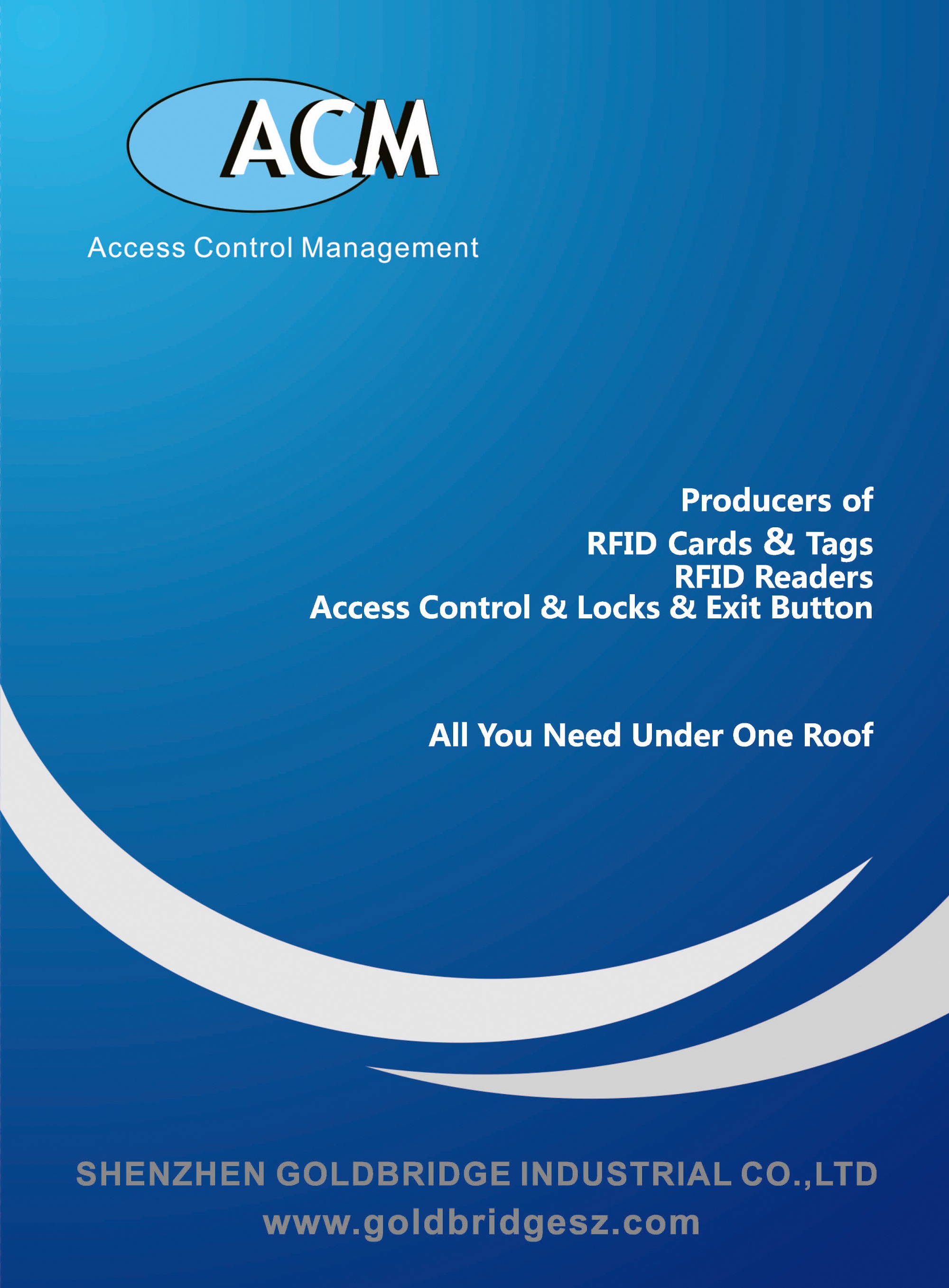Silicon-free NFC chip used in the UK recycling pilot project
The technology for this pilot, including a flexible 13.56 MHz NFC IC, reader antenna and software, was provided by the semiconductor company PragmatIC. These pilot projects are part of the "Electronic Label Sustainable Plastic Recycling Innovation (SPRITE) Program" announced by the company this spring and are expected to last until the spring of 2022.

PragmatIC manufactures flexible electronic products, including NFC silicon-free chips that comply with the ISO 14443 standard. These chips, called FlexIC, are thin and bendable to achieve the application of a single antenna layer, and can also be attached to paper or plastic inlays. The company said that the design cost of FlexIC is lower than that of standard NFC chips. Compared with standard silicon chips, inlay and packaging companies can more easily apply the chip in the production process.
Joshua Young, the circular economy manager of PragmatIC, said that the technology is designed to make the deployment of a large number of NFC tags economical and sustainable. He explained that the FlexIC production process is more sustainable because the amount of water required in its production process is 100 times less than that required for standard silicon-based NFC chips.
In order to expand the application of its NFC chip in sustainable development work, PragmatIC is carrying out multiple projects, including the identification of daily necessities in recycling and circular economy. The focus of these projects is to reduce food waste, manage the supply chain, and achieve more automated recycling and targeted waste management.
The company's "SPRITE Program" is specifically designed to encourage the recycling of food and beverage packaging. At present, European consumers may participate in the deposit refund program, but people may not intentionally return the empty packaging to the same store where the product was purchased. In order to solve the inconvenience caused by recyclable items, the "SPRITE Program" provides greater incentives for shoppers to return packaging, and at the same time provides stores and brands with greater visibility for their products and packaging in the supply chain and waste recycling process. Visual.
PragmatIC's long-term goal is to apply NFC technology to standard trash bins and integrate tags into daily product packaging to provide consumers with convenient and cost-effective recycling. The company expects that three to four retailers will start tracking some key products throughout the recycling process. Each pilot project started with the integration of PragmatIC flexible NFC chips into bottle caps, labels or packaging at the manufacturing site.
For example, PragmatIC is providing smart trash bins for stores. These trash bins deployed in restaurants and cafes have their own NFC reader antennas for automatic identification. Each NFC chip is encoded with a unique ID number, which is associated with a specific product, such as a beverage or food package.
In the "SPRITE Project", PragmatIC provides cloud-based software for storing the ID and other related data of each product. Currently, the company is working with software partners for software demonstrations and future deployments.
After the NFC chip is scanned at the application point, there will be an ID in the software, and then the goods equipped with the chip will be shipped to the retailer's location. Then you can use any NFC-enabled smart phone or professional handheld NFC reader to read tags on the store shelves. Young said retailers can analyze the read data to understand which products have been received and put on shelves for sale.
In addition, consumers can also read the tag ID of the product they purchased. PragmatIC provides an app for users to download as part of the "SPRITE Program", after which they can scan the tags at the time of purchase. In this way, consumers can create a link to their deposit recovery for each specific product ID at the time of purchase. And when consumers return the packaging, they only need to put it in the smart trash can in the store. The antenna built in the trash can will read the tag ID of the item, and the software will identify who returned the package and refund the deposit.
This technology is also being tested for reusable packaging. Those products packaged in plastic boxes can be cleaned and reused once the customer returns the packaging. Each tag ID will be read when the package is returned, and the tag will be interrogated during the cleaning and rewriting process. This data will enable retailers to understand how many times the packaging has been used and when it must be replaced. The retailer will record the work of the reusable system and which items have been returned or not.
Young said that many of the pilot details are not yet clear, such as what data to collect, where to pilot, and how many reader devices to deploy. But the obvious point is that recycling points will be set up, and the scale will also need to be expanded. The company hopes to see large-capacity smart trash cans to facilitate consumers' recycling.
"It is expected that there will be three to four trials by the end of this year, and there will be more pilots in use early next year. After the trials, the company hopes to work with technology partners to implement the solution for other brands and stores in the UK and around the world. We believe that this recycling program equipped with advanced technology can make it as easy as possible for consumers to participate in recycling activities and increase the recycling rate. This is the way to make the deposit return program successful in the future."
He cited examples of unnamed stores tracking beverage bottles and product packaging. In addition, the company's other projects include SORT-IT and SecQuAL.
SORT-IT needs to apply NFC tags to waste products so that they can be sorted at the Material Recycling Facility (MRF). The pilot is designed to enable packaging manufacturers to more effectively separate plastics that may be landfilled but cannot be decomposed. With this system, MRF will be able to classify the plastics they recycle and make appropriate pricing when dividing the recycled plastics into different categories.
SecQuAL is an acronym for SecureQuality Assured Logistics for Digital Food Ecosystems. This is an alliance between PragmatIC and British researchers to achieve food tracking in the supply chain. The goal is to reduce the risk of food expiration or spoilage before it reaches store shelves, thereby reducing food waste. PragmatIC integrates sensors with NFC, enabling retailers and consumers to measure the freshness of food, thereby reducing waste.



